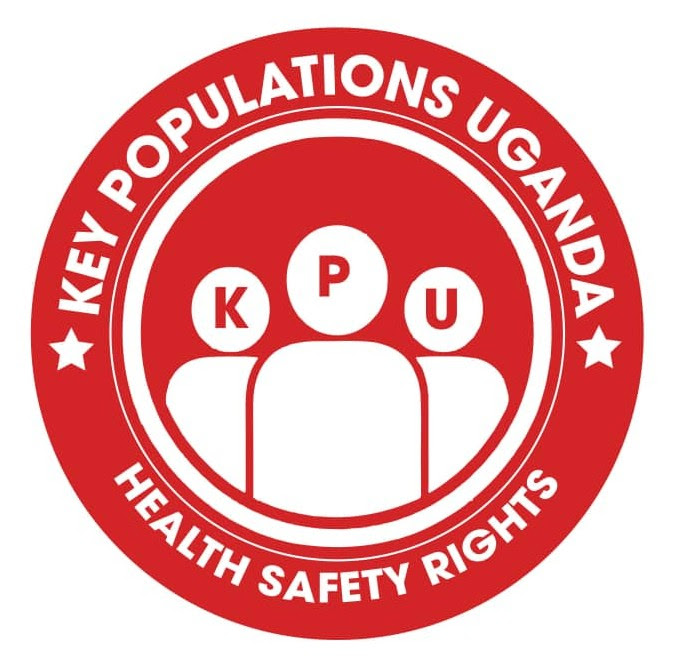Confronting missed targets, HIV/AIDS experts emphasize drug delivery
The conversation at AIDS 2020 is focusing not just on developing new technologies to fight HIV/AIDS — but also ensuring the tools that already exist realize their potential for impact.
As the world falls short of 2020 targets for progress on HIV/AIDS, global health experts are highlighting the need to make testing, prevention, and treatment affordable and accessible.
Their insights on ways to close the gap between innovation and uptake for HIV/AIDS hold important lessons for a range of global health priorities where work on research and development is not paired with a plan for delivery, said Mitchell Warren, executive director at AVAC, a nonprofit focused on HIV prevention.
“We really need to talk about R&D&D,” he said, referencing a shorthand he often uses to capture research and development and delivery.
“Because if we only research and develop but don’t deliver, then frankly the greatest technologies are meaningless, and we see that. A safe and effective vaccine that sits on the shelf for polio is not safe or effective. But we put so much emphasis on new technology that we forget that we need as much if not more innovations in the delivery space. And that’s not for HIV only,” Warren said.
The global health community tends to think about access only after the phase 3 trial, the final stage of clinical research, Warren said. When these studies end early, the donors, implementers, and governments tasked with figuring out access to medicines are often caught unawares.
On Tuesday, the AIDS division at the National Institutes of Health announced the superior efficacy of cabotegravir, an investigative injectable drug under development for HIV prevention and treatment, over oral preexposure prophylaxis, or PrEP.
A study on safety and efficacy of cabotegravir in cisgender men who have sex with men and transgender women who have sex with men ended two years earlier than planned, after cabotegravir was found to be highly effective at preventing HIV in this population.
There was not a strong plan in place to roll out oral PrEP after it was approved following clinical trials in 2012. For cabotegravir, a range of partners came together with the support of the Bill & Melinda Gates Foundation to form the Biomedical Prevention Implementation Collaborative, or BioPIC, which has focused since 2018 on translating clinical trial results for HIV prevention into real public health impact.
At AIDS 2020, Helen McDowell, head of governmental affairs and global public health at Viiv Healthcare, presented what she described as “implementation research priorities to support product introduction.”
Some of the research priorities that will help these products reach the most vulnerable populations include evaluating new and existing delivery channels, working on cost-effectiveness, and integrating into test and treat programs. https://www.devex.com/news/confronting-missed-targets-hiv-aids-experts-emphasize-drug-delivery-97646
